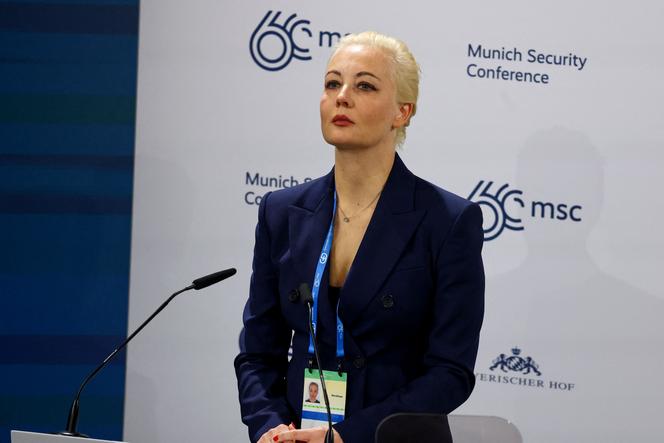


In 2007, Vladimir Putin was invited to the Munich Security Conference, where he delivered a violent indictment of "American hegemony," which came as a shocking wake-up call to his Western audience, who at the time were still in favor of a cooperative relationship with Russia. Stunned at the time by the aggressiveness of his speech, the European leaders present were quick to resume dialogue and business with Moscow as soon as the conference was over.
Seventeen years later, the same Russian leader was once again at the center of the Munich Conference, which held its 60th edition from February 16 to 18. This time he wasn't invited, but he was remembered in the most sinister way, with the announcement, an hour before the conference opened, of the death in prison of Alexei Navalny, whose wife, Yulia, was invited to Munich.
Stunned once again, the West reacted in scattered order, accusing Putin of being responsible for the killing of his main opponent, but refraining from discussing in too much detail the possible consequences of this responsibility. They know, however, that they can no longer afford the luxury of giving in to the temptation to move on.
Even before the shock caused by Navalny's still unexplained death, the background to their discussions in Munich was already particularly gloomy. Faced with major difficulties at the front by invading Russians, Ukrainian forces were forced to abandon the town of Avdiivka. They are so desperately short of the ammunition and air defense equipment that their allies can no longer supply in sufficient quantities that, according to a senior Ukrainian official, the destruction rate of Iranian-made Shahed drones sent by Russian forces has fallen from 80% to 30%. And in Washington, a minority of hard-line Republicans have been blocking a $60 billion (€56 billion) aid vote for Ukraine in Congress for months, while candidate Donald Trump is casting doubt on the strength of the US's commitment to NATO.
Caught between Putin and Trump, is Europe capable of facing these challenges alone, should its American ally fail? And since it clearly isn't, what should it do to prepare? In Munich, this question was on everyone's mind but was never openly discussed. For the time being, the stakeholders preferred to stress the urgency of speeding up arms production to enable Kyiv's forces to continue fighting – an emphasis that all participants agreed was severely overdue – in the hope that the Ukrainians will be able to resist the Russian onslaught until the weapons arrive and the US Congress releases its aid.
You have 63.71% of this article left to read. The rest is for subscribers only.
